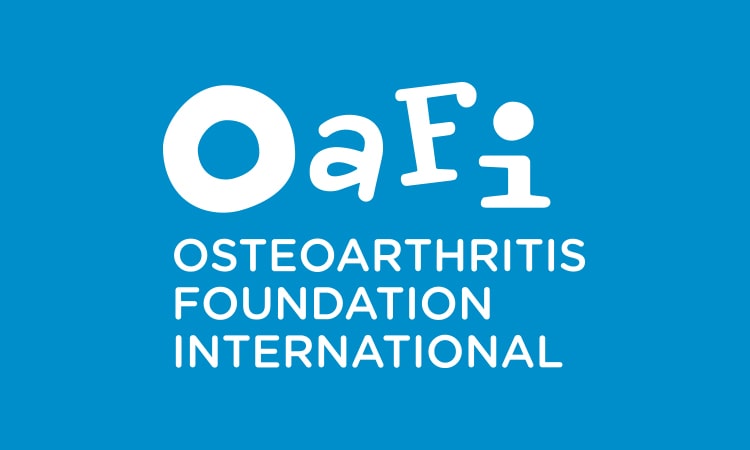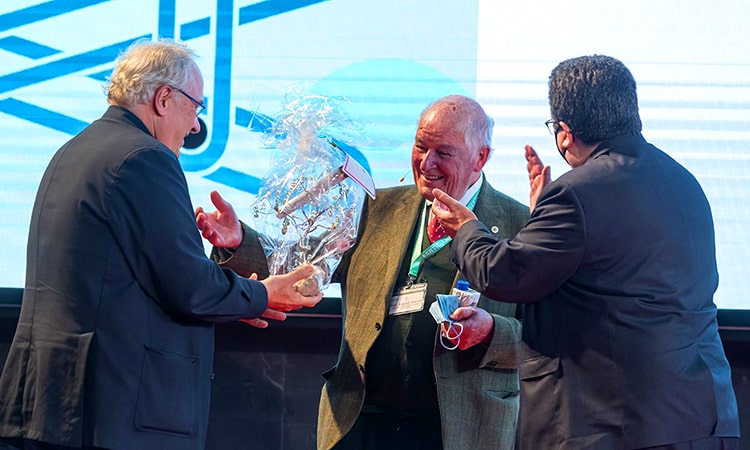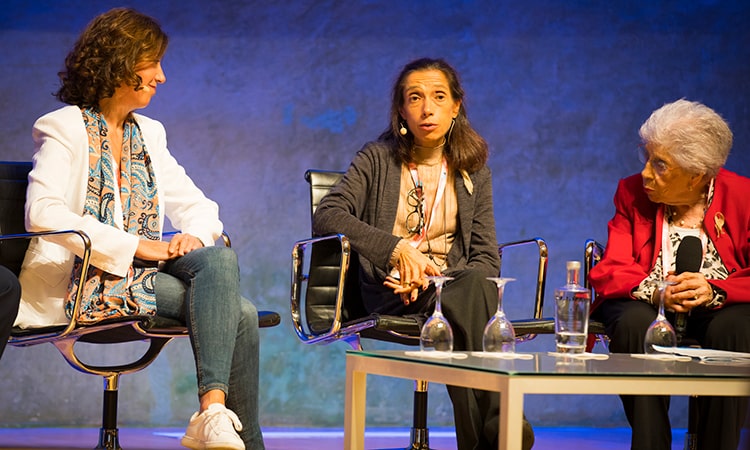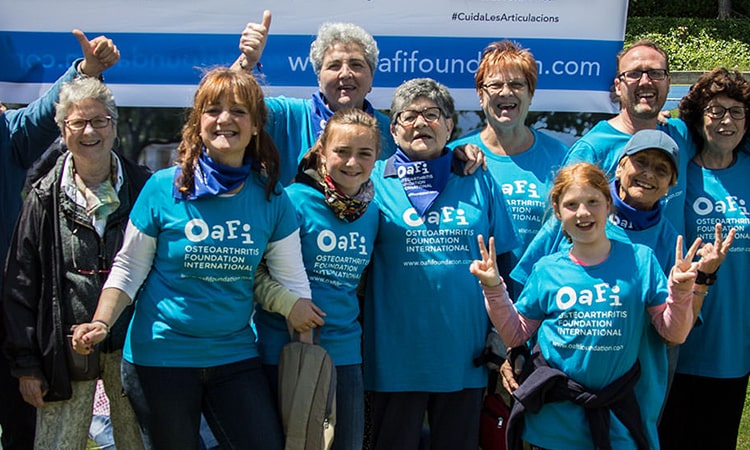- Foundation
- Actions
- Osteoarthritis
- Actuality
- OAFI Radio/TV
- Get Involved
- Contact
-
-
-
OAFI
Osteoarthritis International FoundationC/ Tuset, 19 · 3º 2ª
08006 Barcelona
(+34) 931 594 015
info@oafifoundation.comSchedule:
Monday-Thursday 9AM-6PM
Friday 8AM-3PM
-
-
-

-

-

Researchers find why osteoarthritis is more common in women

Women suffer more from osteoarthritis than men. A group of experts at the Augusta University in Georgia (USA) has found that the synovial fluid in the knee contains clues as to why this difference exists.
The researchers found clear differences in the messages that cells send and receive through small RNA molecules, called microRNAs, in both male and female osteoarthritis patients.
What are microRNAs?
Ribonucleic acid (RNA) is a chain of small molecules called nucleotides that help the cell to synthesize proteins, which are vital for the proper functioning of cells and our bodies. In the cell, we find short chains of 20 to 25 nucleotides which we call microRNA and which, unlike RNA, are not translated into proteins. Their function is to act as switches for the expression of our genes. Depending on which microRNA we have, some genes will be activated or others.
Alterations in microRNAs
The researchers found that in men with osteoarthritis there were 50 altered biological processes due to differences with the microRNAs of healthy patients, while in women up to 70 processes were altered. In the study published in the journal Scientific Reports, the researchers explain that the gender differences they found in synovial fluid are the key to explaining why osteoarthritis affects women more.
In women, they observed that microRNAs that should be sending joint-friendly messages, such as promoting oestrogen signalling and collagen-producing cells, were either switched off or functioning below normal.
An altered microRNA in men and women with osteoarthritis
They also found that both women and men with osteoarthritis had a higher than normal concentration of the microRNA called MiR-504-3p. The researchers do not yet know the exact function of this molecule, but it is thought that it may be linked to cartilage degeneration, the main root cause of osteoarthritis. Therefore, the next step will be to investigate whether the inhibition of this molecule could slow down the development of the disease.
Article’s reference
Ravindra Kolhe, Monte Hunter, Siyang Liu, Ravirajsinh N. Jadeja, Chetan Pundkar, Ashis K. Mondal, Bharati Mendhe, Michelle Drewry, Mumtaz V. Rojiani, Yutao Liu, Carlos M. Isales, Robert E. Guldberg, Mark W. Hamrick & Sadanand Fulzele. Gender-specific differential expression of exosomal miRNA in synovial fluid of patients with osteoarthritis. Scientific Reports 7, Article number: 2029 (2017). doi:10.1038/s41598-017-01905-y
https://www.nature.com/articles/s41598-017-01905-y
Categories :






















Leave a Reply